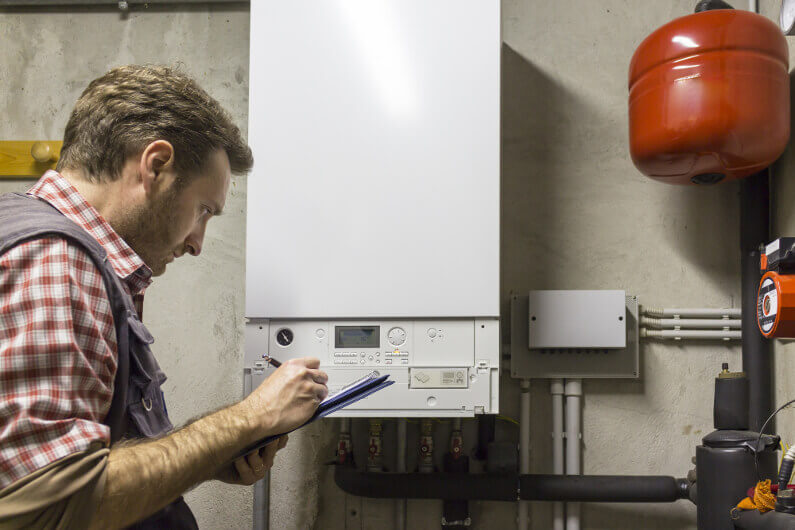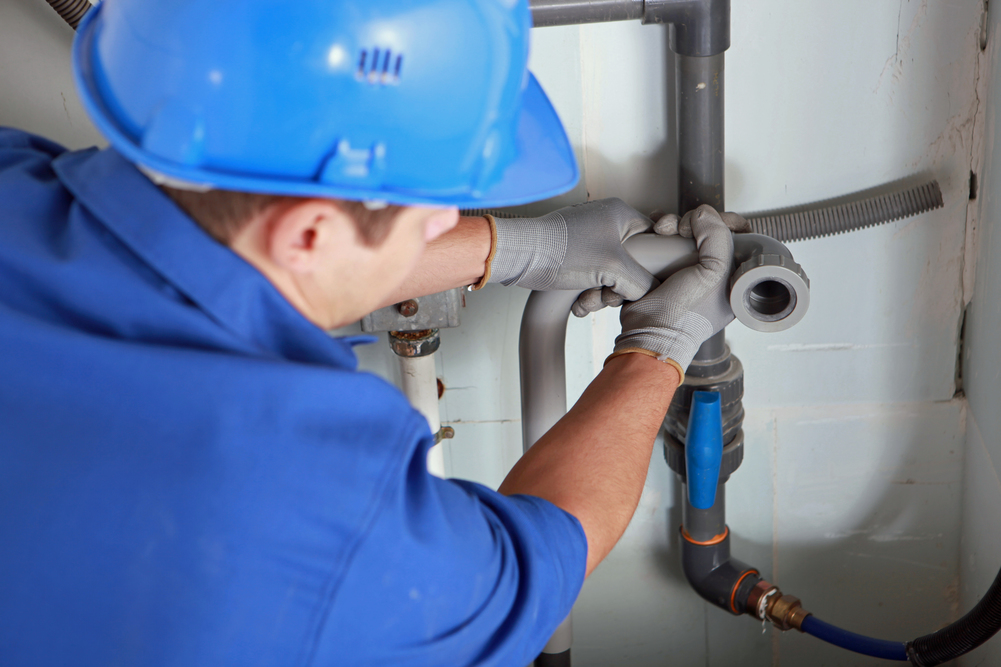Further Details
Just about everyone has his or her own opinions when it comes to Leak Detection and Repair Without Destroying Your Home.

The key to durable devices, unsurprisingly, is proper maintenance. There's no hard and fast regulation that can guarantee your plumbing appliances a long wear, yet you can protect against unneeded damages and repair work by staying clear of negative plumbing routines.
You ought to quit doing these 6 points else you'll maintain calling your plumber over for minor faults.
Purging whatever
Yes, your bathroom drainpipe brings about the drains, yet that doesn't suggest you need to dump just anything away. Several 'flushable' materials are really terrific clog beginners, for example floss. Asides keeping noticeable non-flushable materials like wires and plastics out of your bathroom, you must additionally avoid flushing cotton buds, menstrual items, wipes, daipers and prophylactics down the toilet drainpipe.
DIYing everything
With plumbing, a stitch in time truly does save nine. You can prevent a fullblown plumbing emergency by calling your plumber at the correct time.
You might have learnt a couple of plumbing hacks from your father, yet you should certainly know where to fix a limit and also call a professional. For example, you might have the ability to fix a clog yourself, yet you shouldn't try to transform a pipe. You can inequality pipelines or overtighten a bolt, triggering even more injury and damages than you assumed. Calling a plumber is a secure and affordable decision.
Using way too much drain cleaner
Making use of a drainpipe cleaner more than once or twice a month is an indication that something major is going on within your pipelines. Currently, instead of facing the primary concern, you choose a quick fix; a fizzy drain cleaner. Rightfully, a drain cleaner will care for the clog, however at what cost?
The chemicals in a drain cleanser can speed up the deterioration of your pipes. Add that to whatever underlying trouble is causing the clog and also you might have to a serious issue on your hands.
If you experience too many obstructions, call your emergency plumber instead of using a drain cleaner.
Putting grease in the sink
We know appropriately taking care of grease after a hearty meal is a discomfort. Yet merely putting it down the drain can do long-lasting harm to your pipelines. "The fat as well as grease can clog your drainpipe badly adequate to force you to call a plumber," discusses Dawson. "Plumbing works best when it's well cared for-- not abused with oil."
Not transforming your dishwasher pipes
One easy way to make sure that you use your dish washer for several years is to replace the pipe a minimum of as soon as in 5 years. This also looks for cleaning machine pipes.
With time, food fragments, soap as well as oil can create blockages within your pipelines. Replacing them on schedule will protect against any presure build up that can damage the interior operations of your dish washer or cleaning device.
An enhanced steel braided hose does a terrific job of lengthening your maker's use time.
No winter season safety measures
Severe climate condition misbehave for your pipelines, particularly if they're made of steel. You must shield your exposed pipelines, and also your water tank, even if you have a water heater. You need to also turn off your yard hose shutoff and any other exterior water channels. These networks are outlets for chilly; you pipelines can begin to ice up from outside if you do not.
How Hard Water Damages Your Plumbing and Appliances
Hard water is no stranger to most households across America. This silent invader affects 85% of homes in the United States every day, wreaking havoc on pipes, plumbing fixtures, and water-using appliances.
Should you become a victim of hard water, you must understand exactly what it is and how it affects your plumbing and appliances. This will help you determine the correct measures to put in place to fix or prevent any problems that may arise.
First off, what exactly is “hard” water?
In short, “hard water” is used to describe water that contains relatively high amounts of dissolved minerals, primarily calcium and magnesium, and a host of trace metals. When rainwater falls from the sky (usually in a pure form), it absorbs the hardness minerals from rocks and soil, which changes it from soft to hard water.
What about my plumbing and appliances?
Mineral deposits from hard water can cause buildup on tubs, shower, sinks, faucets. But that’s only a small scratch of the surface. Those minerals can gradually build up inside pipes, fixtures, water heaters, washing machines, and dishwashers. Once they accumulate in those areas, they can clog pipes and create major problems throughout your plumbing system, from reduced water flow to increased pressure on pipes and fixtures.
This limescale buildup might affect some appliances, causing them to operate less efficiently and wear down faster. And the result? Higher energy bills, more (costly) plumbing replacements and repairs, and damaged appliances.
Keep in mind that certain types of plumbing are more susceptible to clogging than others. Copper, PVC, and PEX pipes are more resistant to hard water buildup and corrosion, but they can still get clogged or completely blocked by scale deposits.
How do I know if my water is hard?
White limescale buildup on plumbing fixtures (or any of the other signs mentioned above) is usually a good sign that your water is hard. If you suspect that you have hard water, you can simply shake up a small amount of dish soap and water in a closed container. If the mixture doesn’t create a lot of suds, you probably have hard water.
The most precise method, however, is to test your water with a DIY test kit (sold online or at local home centers or hardware stores) or send a water sample from your tap to a local lab to be tested. Be sure that you understand the nature of the test, the water condition being measured, and the significance of the test results.
Another way to obtain an estimate of water hardness is to check your annual water quality report to see if your water provider has reported any instance(s) of water hardness in your water supply.
https://www.springwellwater.com/how-hard-water-damages-your-plumbing-and-appliances/

Hopefully you enjoyed our excerpt about Ways to Make Your Pipes Last Longer. Thanks a ton for taking the time to read through our short article. Loved our write up? Please share it. Let another person check it out. We value reading our article about Ways to Make Your Pipes Last Longer.
About This